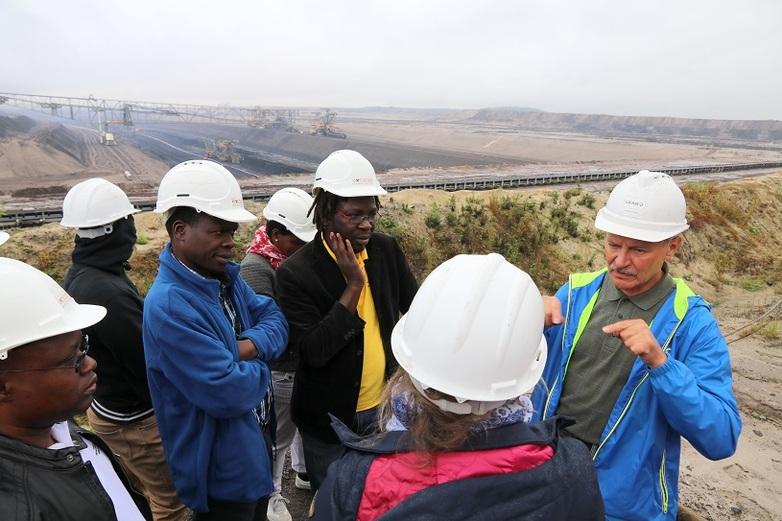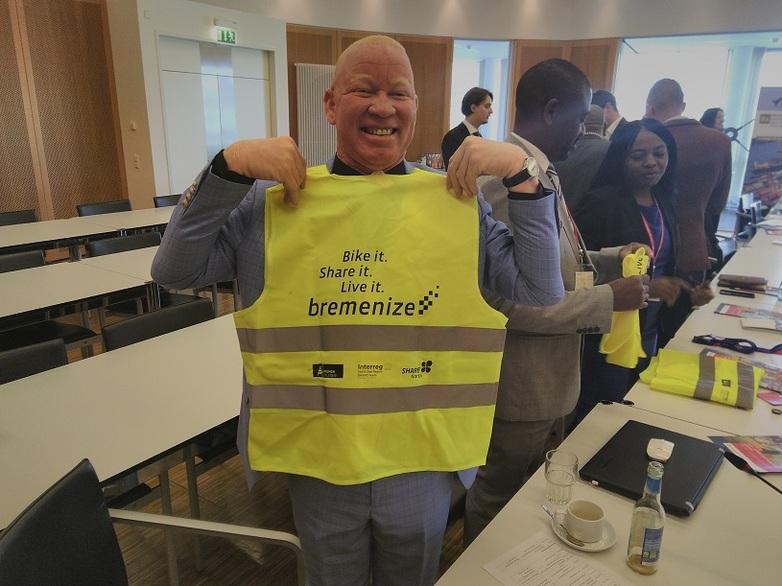Approach
Bavarian companies are advising young start-ups in South Africa, experts from Bremen are training teachers at vocational schools in Namibia, the Saxon mining authority is advising the mining inspectorate in Mozambique on improving mining safety, and experts from Hamburg are advising Mexican cities on urban environmental issues.
These are just a few examples of the many projects that the BLP is conducting. The project is carrying out numerous international capacity-building measures, taking into consideration the respective advantages of the federal states. To do so, the BLP links the international cooperation work of the federal states with technical cooperation projects of the German Government in the partner countries. The federal states co-fund the measures or participate in the cooperation projects by providing staff, rooms, scholarships and places on training courses.
Besides the cooperation between the agencies and ministries of the participating partners, stakeholders from academia, civil society and/or the private sector are also involved. The project is currently implementing measures in the three priority areas of economic development, decentralisation, and environment and climate.
Results
To date, with the participation of 14 German federal states more than 40 individual measures have been implemented or are currently being implemented in the context of the BLP. Under these individual measures, experts from the federal states and partner countries have shared experience and transferred knowledge in a variety of formats, such as training courses, reciprocal delegation missions with partner countries, summer schools as part of cooperation projects between universities, and international workshops. By the end of 2017, some 1,500 specialists and managers from partner countries had taken part in knowledge-transfer and experience-sharing activities.
Discussions with specialists from the German federal states gave rise to changes in the partner countries. To cite just a few examples: the post of Minorities Officer was set up in Bijeljina in Bosnia-Herzegovina following the model of Schleswig-Holstein; in a scrapyard in Old Fadama near Accra a health unit for the scrapyard workers is being created with expertise from North Rhine-Westphalia; and together with experts from Saarbrücken, the University of Namibia has developed new building materials from bush material that will now be used in housing construction.
Thanks to the large number of participating institutions from the German Government and federal state levels and partner countries, the project has established new partnerships between stakeholders of development cooperation. To date, more than 500 institutions in Germany and abroad have taken part in BLP measures.

